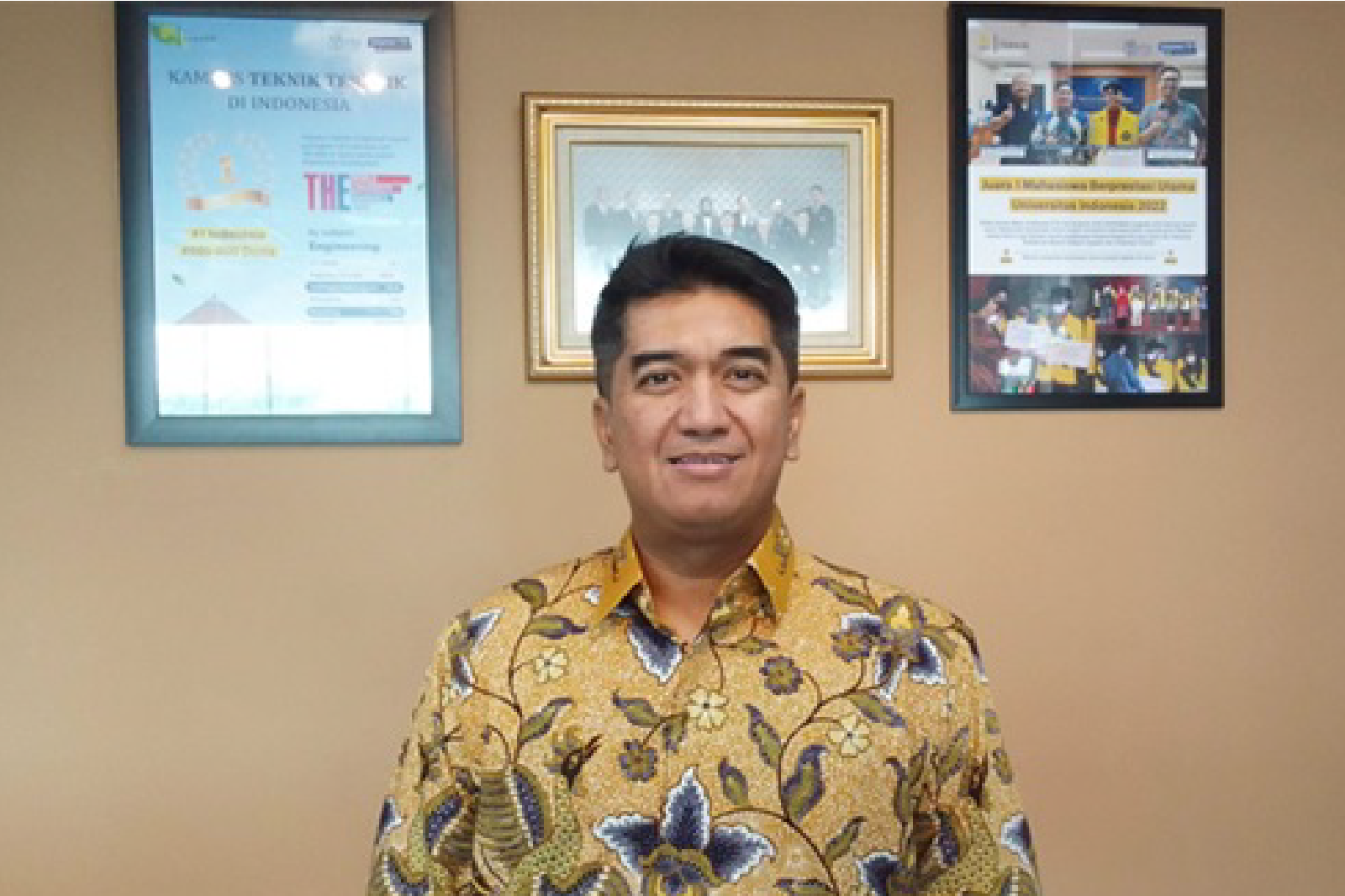Buildings with natural nuances feel attached to the Integrated Creative Engineering Learning Lab (i-CELL) Building, Faculty of Engineering, Universitas Indonesia (FTUI). That is indeed the concept of green building or green building.
FTUI is part of the Universitas Indonesia, one of the universities in Indonesia which has stepped into a new era to support environmental preservation by building buildings that are more environmentally friendly. This is proven by the achievement of the Green Building EDGE Advance certificate for the i-CELL Building. The rooms in the i-CELL building have large windows, the roof has no ceiling, but large pipes and various environmentally friendly facilities such as a rainwater harvesting system and solar panels.
Dean of FTUI Prof. Dr. Heri Hermansyah stated that buildings with a green building concept are a form of environmentally friendly commitment from his side for the sustainability of the earth. This commitment is proven by the UI GreenMetric award as the faculty with the best environmental management commitment at the Universitas Indonesia for five consecutive years since 2018.
“UI contributes to the sustainability of an environmentally friendly earth in three domains according to the tri dharma of higher education, namely education, research, and community service. Education on global warming, and carbon emissions, so that students and the public get knowledge about it. Our lecturers often become resource persons in various societies,” said Heri in a recent conversation with JawaPos.com.
In terms of research, Heri said that his party continues to conduct research and innovation to produce superior and efficient products, including utilizing new and renewable energy.
“Existing products are in the form of innovative products from biomass, batteries, conversion of fuel motors to electric motors, DCON (DC converter) electric power conversion devices, and Floating PV,” he explained.
The newest and the most proud thing for the Universitas Indonesia is the development of electric buses which have even been used during the G-20 international agenda in Bali. The manufacture of the electric bus led by Prof. Danardono Agus Sumarsono has succeeded in becoming one of the electric buses made by universities in Indonesia that are being operated.
“UI’s electric bus is the only bus that, apart from being demonstrated to the G-20 delegates, also operates smoothly and has never been hit by a strike. It was taken to Bali on the way, to Jogja on the road,” he said.
In terms of the electric bus product, Heri revealed that there were three innovations made by FTUI, namely in terms of design, engine, and also in terms of air conditioning.
Meanwhile, in terms of community service, the FTUI Dean also explained that many products have been produced for the benefit of society in several regions in Indonesia, including research products on energy.
“Making desalination in Bungin village, Bekasi with wind power and solar cells, designing ships with solar cells, installing solar panels in several schools and Islamic boarding schools,” he said.
“So we are committed to contributing to this nation in assisting the development of superior and impactful technology. Both through human resource development, research and innovation development, and appropriate technology development,” added Heri.
Academic community research facilities
In the magnificent green building concept building at I-CELL, all innovation research from various disciplines is integrated. FTUI itself, said Heri, is committed to providing the best facilities for the academic community at UI to conduct research and innovation.
What’s more, he said that shortly, UI will also build a new green building next to the I-CELL Building which will later be built for more advanced research.
“We are calling the new building planned for IDE (Interdisciplinary Engineering) which in the future will develop interdisciplinary innovation and research. So if the i-CELL building is for interdisciplinary education, there (IDE) is for interdisciplinary innovation,” said Heri.
With these facilities, he hopes that the research produced by UI will be on par with the world’s leading universities. In terms of facilitating students to play a role in utilizing renewable energy, he said that his party had taken several actions.
“Opening an interdisciplinary education program Master of Energy Systems Engineering to increase the number of FTUI renewable energy experts and we also have a program to support and develop student startups based on renewable energy,” concluded Heri.
***
Bureau of Public Communications
Faculty of Engineering, Universitas Indonesia

